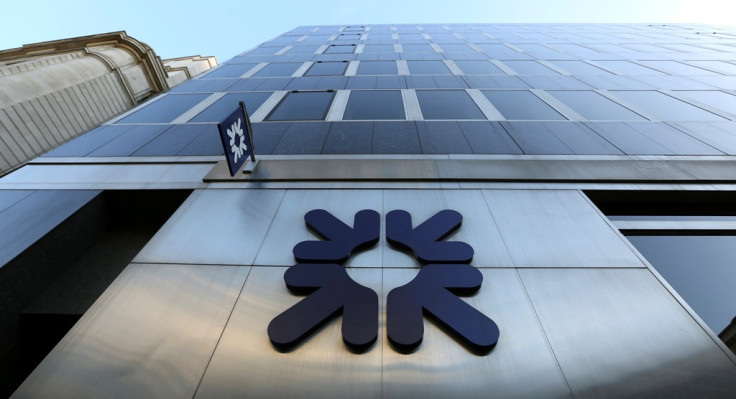George Osborne likely to sell RBS shares at loss now that Tories have won

The UK government may sell a part of its stake in Royal Bank of Scotland (RBS) at a loss later in 2015, part of accelerated plans to dispose of shares in banks rescued in the wake of the 2007-2009 financial crisis.
Reuters, citing sources familiar with the matter, reported that Britain may be ready to accept loss on share values to re-privatise RBS.
The government rescued RBS and Lloyds, spending £66bn (€91bn, $102bn) in acquiring the banks' shares. It has already sold almost half of its stake in Lloyds at a premium.
The government took a 41% stake in Lloyd's business in 2008 paying out some £20bn, which has since been reduced to below 21%.
However RBS is a different matter: the government is yet to start selling its 80% stake in the bank which wildly overreached prior to a financial collapse which called for a massive £45.2bn bailout.
Sources told Reuters that Chancellor George Osborne is open to the idea of beginning to sell RBS shares at a loss later in 2015 after the Conservatives won an unexpected majority in the general elections. There are apparently plans to launch an independent review of the matter in the coming weeks.
Osborne earlier said that the Conservatives would review what to do with the government's RBS stake. The governing principle regarding bailed out banks was that the government would at least get its money back.
Meanwhile, trade union Unite said the sell-off of Lloyds and RBS stake is a 'fire sale' at the expense of the industry's long term health.
"This fire sale is driven by George Osborne's reckless ideology, not what is best for the UK's banking sector, the workers who have put it back on the road to recovery, or the public who rely on it," said Rob MacGregor, Unite national officer for finance.
"Rather than selling off the taxpayer's stake, potentially at a loss, the government should focus on the long-term health of Britain's banks to ensure the industry works for the good of the nation."
At current share prices, the taxpayer is expected to lose £13.5 billion on its investment in RBS, the trade union added.
© Copyright IBTimes 2024. All rights reserved.






